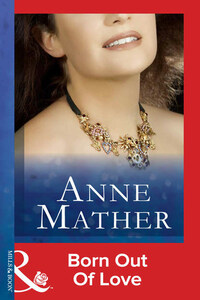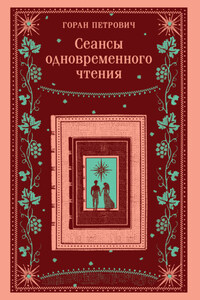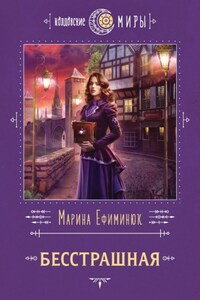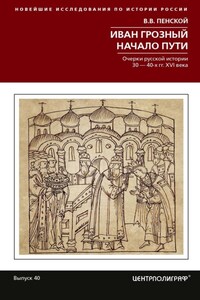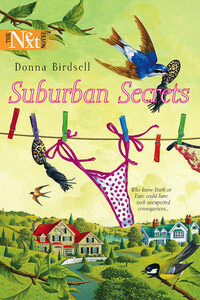Mills & Boon is proud to present a fabulous collection of fantastic novels by bestselling, much loved author
Anne has a stellar record of achievement within the publishing industry, having written over one hundred and sixty books, with worldwide sales of more than forty-eight MILLION copies in multiple languages.
This amazing collection of classic stories offers a chance for readers to recapture the pleasure Anne’s powerful, passionate writing has given.
We are sure you will love them all!
I’ve always wanted to write—which is not to say I’ve always wanted to be a professional writer. On the contrary, for years I only wrote for my own pleasure and it wasn’t until my husband suggested sending one of my stories to a publisher that we put several publishers’ names into a hat and pulled one out. The rest, as they say, is history. And now, one hundred and sixty-two books later, I’m literally—excuse the pun—staggered by what’s happened.
I had written all through my infant and junior years and on into my teens, the stories changing from children’s adventures to torrid gypsy passions. My mother used to gather these manuscripts up from time to time, when my bedroom became too untidy, and dispose of them! In those days, I used not to finish any of the stories and Caroline, my first published novel, was the first I’d ever completed. I was newly married then and my daughter was just a baby, and it was quite a job juggling my household chores and scribbling away in exercise books every chance I got. Not very professional, as you can imagine, but that’s the way it was.
These days, I have a bit more time to devote to my work, but that first love of writing has never changed. I can’t imagine not having a current book on the typewriter—yes, it’s my husband who transcribes everything on to the computer. He’s my partner in both life and work and I depend on his good sense more than I care to admit.
We have two grown-up children, a son and a daughter, and two almost grown-up grandchildren, Abi and Ben. My e-mail address is mystic-am@msn.com and I’d be happy to hear from any of my wonderful readers.
CHARLOTTE regarded the bus which was to convey them from the little township of San Cristobal to Avocado Cay with dismay. She had not known such buses existed outside of museums. Jutting bonnet, thick-spoked wheels, wood-framed seats; was the fact that it was painted in a kaleidoscope of colours intended to distract attention from its less favourable attributes?
‘Hey, Mum, what a fantastic machine!’
Robert evidently had no such misgivings, and Charlotte turned to her eleven-year-old son with faint resignation. ‘Fantastic is right,’ she agreed dryly. ‘I wonder if the brakes work.’
‘Come on, Mum, of course they will.’ Robert was optimistic. ‘These old bangers were built to last.’
‘And last and last …’ declared his mother, smiling her thanks to the dark-skinned West Indian who had hefted their cases out of the launch and into the luggage compartment of the vehicle which was to transport them the last few miles to their destination, before following Robert’s lanky figure up the steps. Tall for his age, and with an appetite which would not have disgraced a weightlifter, Robert still remained as thin as a lath, she reflected ruefully.
There were few other passengers, fortunately, and at least they were not to be crushed by the press of humanity, Charlotte approved with some relief, subsiding into the seat beside her son. It was just as well. The contours of the bus did not allow for expansion, and although all the windows were open, the air inside was still and humid.
Through the windows, they could see the quay, and the launch which had brought them from Tortola rocking at its mooring. The stones of the quay were bleached hite by the sun, which was presently beginning its downward sweep towards the shadowy rise of the densely wooded hinterland, and the water beyond was clear turquoise shading to deepest blue. Whatever else San Cristobal lacked, there was no shortage of colour, Charlotte had, reluctantly, to admit. White-painted buildings, overhung with flowering creepers were dazzling without the protection of dark glasses, and she searched her bag for the polaroid lenses she had bought in St Thomas. A station wagon was coming fast down the narrow road towards the harbour, throwing up a cloud of dust in its passing, drawing attention to the precipitous climb ahead of them, and she hoped Robert was right in his casual assertion that these vehicles were built to last.
Then, realising how tense she was becoming, she forced herself to relax. There was no point in letting the situation play on her nerves. It was too late for that. She was here now; she was committed; and providing Madame Fabergé found her work acceptable, here they would stay.
